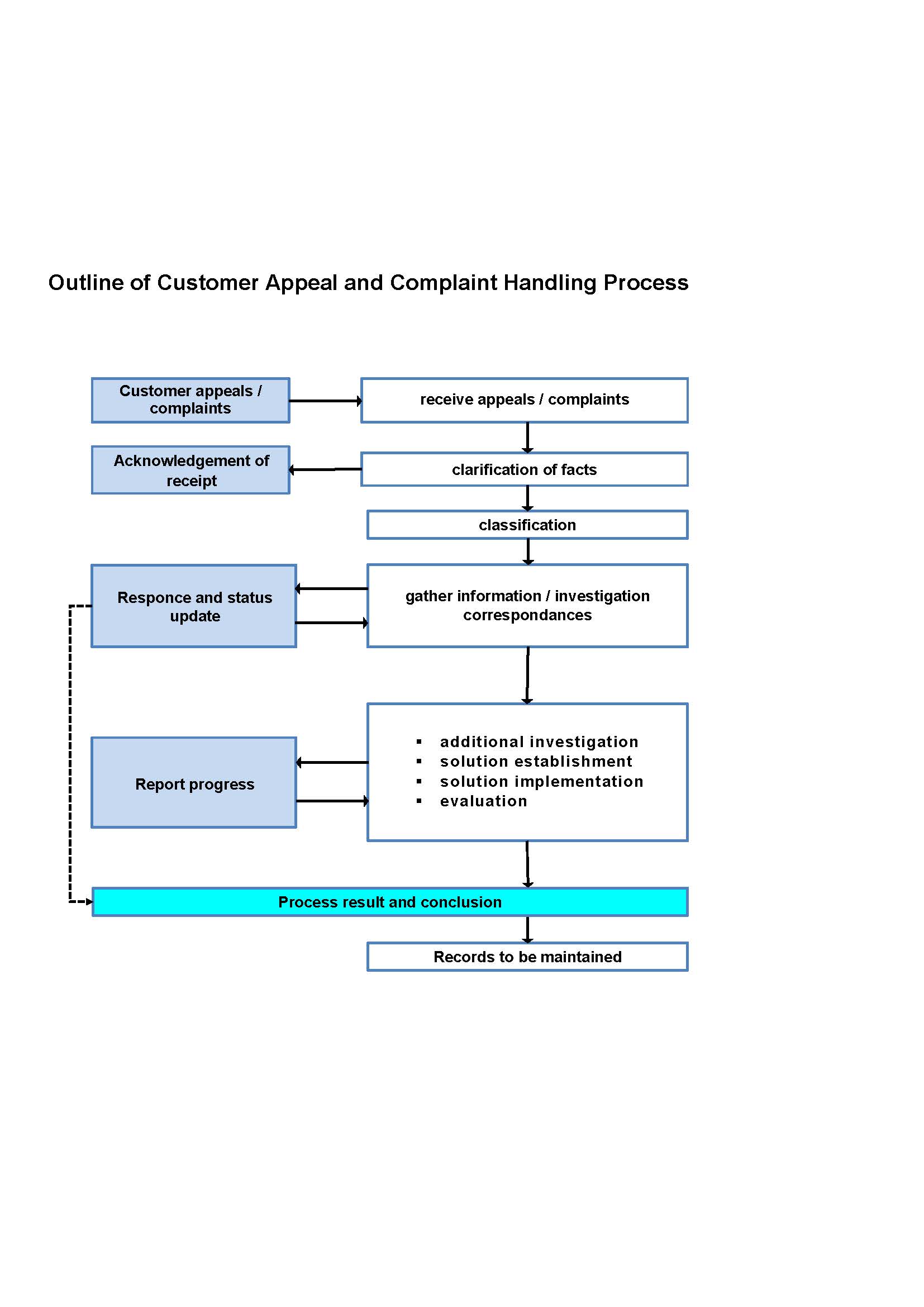
Contact lmf226 (Louise Felker) with any questions.
#PROCESS 3 IN FOOD HANDLERS HOW TO#
The 2023 Course Catalog is a comprehensive handbook and directory that provides a program description, information about the Dairy Foods Certificate Program, faculty and extension staff contact information, courses being offered this year, and information on how to register for courses.
Certified Milk Inspectors Training SchoolĢ023 Dairy Foods Extension Course Catalog. Safe Quality Food (SQF) Quality Systems for Food Manufacturing. Implementing Safe Quality Food (SQF) Systems Course. The Science of Yogurt and Fermented Dairy Products (Advanced Level). The Science of Yogurt and Fermented Dairy Products (Basic Level). The Science of Cheese Making (Advanced Level). The Science of Cheese Making and Vat Pasteurization. Membrane Filtration, Concentration, & Separation Tech. 
Fluid Milk Processing/Testing for Quality and Safety.High Temperature Short Time (HTST) Pasteurizer Operator Workshop.Basic Hazard Analysis and Critical Control Points (HACCP).To see a complete list of upcoming courses, please view the Dairy Foods Extension training calendar.

The course links below will take you to descriptions of the courses offered within the certificate program. The Dairy Foods Extension certificate program provides training for dairy food industry professionals to better prepare them to produce safe, quality dairy products. The Dairy Foods Extension program offers training in dairy production and processing as well as regulatory requirements.
Good Manufacturing Practices (GMPs) Part 117 Online Course. Good Agricultural Practices (GAPs) Online Produce Safety Course. The Institute for Food Safety at Cornell University offers an online GMPs course, which provides produce growers and processors with an efficient way to understand the GMP requirements in the FDA’s FSMA Preventive Controls for Human Food Rule (21 CFR Part 117, Subpart B) and how they might incorporate GMPs into their operations. GMPs ensure the safety of processed foods. However, some growers, who expand their operations to include value-added activities such as minimal processing, are required to engage in Good Manufacturing Practices (GMPs). Most produce growers will utilize GAPs during growing, harvesting, and packing to reduce microbial risks on the farm. Food and Drug Administration.’ The PSA Train-the-Trainer is a two-day course intended for produce safety educators and others who work with fruit and vegetable growers who are interested in becoming PSA Trainers or PSA Lead Trainers. The PSA Grower Training is one way to satisfy the FDA's Food Safety Modernization Act (FSMA) Produce Safety Rule requirement outlined in § 112.22(c) that requires ‘At least one supervisor or responsible party for your farm must have successfully completed food safety training at least equivalent to that received under standardized curriculum recognized as adequate by the U.S. 
The Produce Safety Alliance (PSA) offers both Grower Training and Train-the-Trainer Courses. In-person GAPs Trainings are multi-day and include the PSA Grower Training curriculum and a Farm Food Safety Plan Writing Workshop. The GAPs Online Produce Safety Course helps students improve their understanding of GAPs to guide risk assessment and implementation of practices to reduce risks on fresh produce farms. The National Good Agricultural Practices (GAPs) Program and the Produce Safety Alliance (PSA) both offer produce safety courses.







 0 kommentar(er)
0 kommentar(er)
